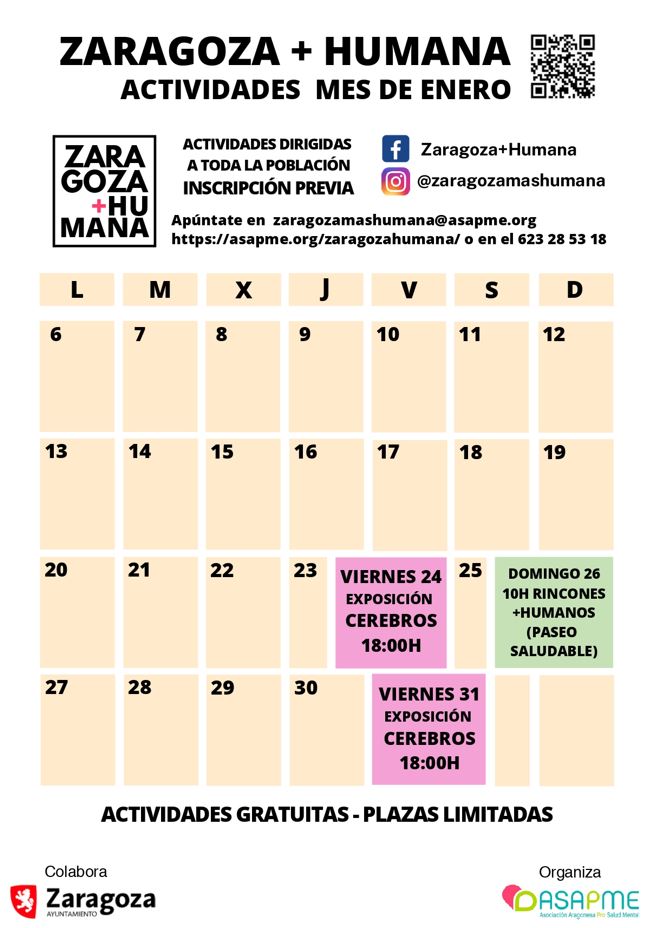
carry a healthy eating is the fundamental pillar for optimal daily well-being. If you’ve been wondering how to improve your health, energy and performance in the gym, you’re in the right place. In this article, we reveal the secrets of a balanced diet that complements your sports routine.
Why is a balanced diet so important?
The body needs the right nutrients to function properly. Without them, you won’t be able to make the most of your physical effort, whether in a gym or in daily activities. A poor diet can lead to lack of energy, injuries and poor performance. Therefore, the combination of exercise and a balanced diet is essential to take care of both your physical and mental health.
At Eurofitness centers, our trainers emphasize the importance of fueling your body properly before and after your workouts. Something that will help you perform better, but also to accelerate your muscle recovery.
The risks of an unbalanced diet
What happens if you don’t pay attention to what’s coming? A disorganized eating pattern can cause problems such as:
- Low energy levels, which affects your ability to train and concentrate.
- Unwanted weight gain, due to an excess of empty calories.
- Increased risk of sports injuries, since your muscles do not have the necessary nutrients to repair themselves.
- Long-term health problems, such as diabetes or hypertension.
How to achieve a healthy diet without complications?
Achieving a healthy diet doesn’t have to be complicated. Here are some key tips to help you:
1. Include nutrient-dense foods
Fill your diet with fruits, vegetables, lean proteins and healthy fats. These foods are essential for maintaining high energy levels and repairing tissues after exercise. Proteins, for example, help regenerate muscles after training.
Micronutrients also play a key role in healthy eating. For example, vitamins such as do and D strengthen the immune system, while minerals such as magnesium and calcium promote bone and muscle health. Additionally, including fiber in your diet is essential for good digestion, helping to avoid problems such as constipation, and maintaining stable blood glucose levels.
2. Hydrate yourself properly
Drinking water is essential for your physical and mental performance and for a healthy eating. Therefore, during your workouts, always stay well hydrated to prevent fatigue and muscle cramps. Remember that you can also include isotonic drinks to replace electrolytes.
3. Control portions
Overeating, even healthy foods, can be counterproductive. Adapt your portions to your daily activity level to avoid accumulating unnecessary calories. Planning your meals in advance can help you stay on track.
4. Avoid ultra-processed foods
Ultra-processed foods, such as cookies, snacks, and soft drinks, are often loaded with added sugars and saturated fat. Replace them with natural, nutrient-rich options.
An example of a balanced menu for your daily routine.
To maximize your energy during workouts, try this eating plan:
- Breakfast: natural yogurt with fresh fruits and a spoonful of oats.
- Media tomorrow: a handful of nuts and a piece of fruit.
- lunch: grilled chicken with brown rice and salad.
- Snack: a protein shake or a banana.
- dinner: baked salmon with asparagus and a steamed potato.
This menu is easy to prepare, adaptable and rich in essential nutrients to support your physical activity.
Additional Tips for Healthy Living
In addition to maintaining healthy eatingMake sure to include these practices in your daily life:
- Dedicate at least 30 minutes a day to physical activity.
- Prioritize rest: Sleep is essential for recovery and overall health.
- Consult a nutritionist if you have questions about your dietary needs.
Transforming your life is easier than it seems. Adopt a healthy eatingCombine these tips with your training in eurofitness and feel how your body responds positively.
Do you want to know more? Visit the Eurofitness blog and discover how to enhance your training with a proper diet.






